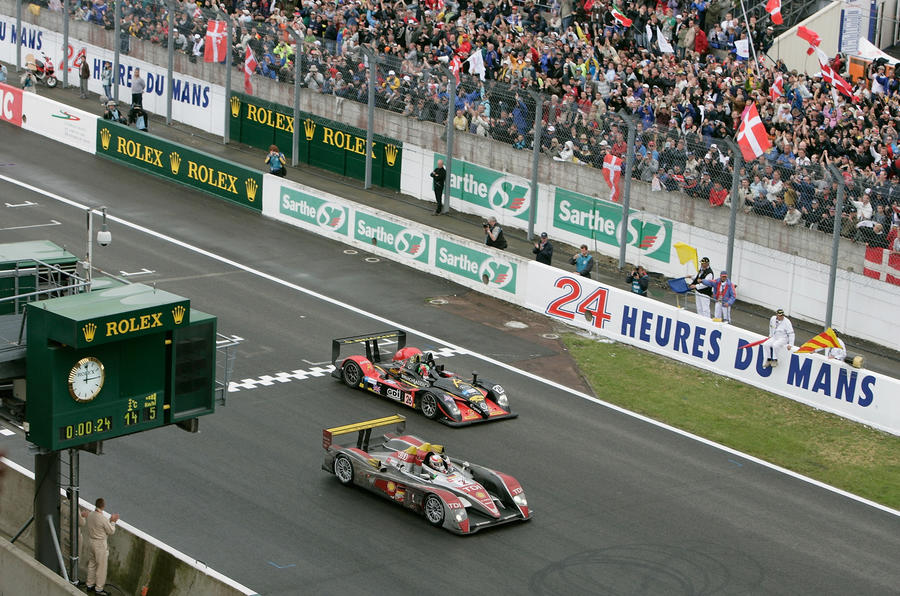Remember diesel? In 1997, it was the miracle fuel that could deliver the CO2 targets set out in the Kyoto Protocol. Diesel cars were incentivised by governments and honed by manufacturers onto the driveways of huge numbers of buyers.
In Western Europe, the market share of diesel cars peaked at 56% in 2011, up from 13% in 1990, and it remained the majority fuel of choice through to 2017, its popularity immune to the World Health Organization reporting in 2012 that its fumes caused cancer.
VW’s Dieselgate scandal is often cited as the turning point, although it’s worth noting that the cheating verdict was delivered in September 2015, and it wasn’t until 2017 that all diesel registrations really turned. As more car makers became implicated in scandals of overstating fuel economy figures, so the spotlight shone brighter on the broader implications of burning the fuel.
For a period, its sales collapse was so precipitous that it looked to be heading towards near extinction. Today, diesel’s share of the Western European new car market hovers at around 22%. According to analysts at LMC Automotive, its market share has fallen at an average of 5% a year for the past 2.5 years – around half the rate of the previous 2.5 years.
Who’s exposed? As a percentage of registrations, LMC highlights Alfa Romeo – its premium leanings and popularity in Italy counting against it. (In Italy, diesel retains a 27.9% market share – the fifth largest in Western Europe by percentage and second largest by volume. Ireland leads the way on the former at 36%, and Germany tops the latter.)
Land Rover is second but made the most notable strides of all those in the top 10, taking its share of registrations from around 90% diesel in 2018 to around 60% in the first half of this year.
Nevertheless, overall decline through to 2030 is inevitable, even given arguments for the fuel’s suitability on larger vehicles that run out of town. The moral battle has been lost, whatever the technical merits, and ever-tougher legislation is driving up costs all of the time. Against the backdrop of falling sales, the return on R&D costs is collapsing, which pushes up retail prices, further reducing consumer demand.




Join the debate
Add your comment
UK city air quality is far better today than it was 30 or 40 years ago. Back then, if you spent a few hours wandering around, every time you blew your nose your tissue would be full of black specks of soot. Today that is not the case. Diesels (and petrols) have been cleaned up - and can cross the continent on a single 5 min fuel stop as JJBlade rightly points out. EVs remain far behind ICE in real world usability and affordability for millions of us. The future would be best served by allowing all types of propulsion to coexist.
VW happened and that made everyone who bought one realise they had been duped by the manufacturers and the government and then they thought that "d" suffix stands for dunce.
An interesting view on " Man made climate change",
Alex Epstein , Modern Wisdom, The Human Flourishing Project utube.
The most interesting interview I have ever listened to. Why not have a look.